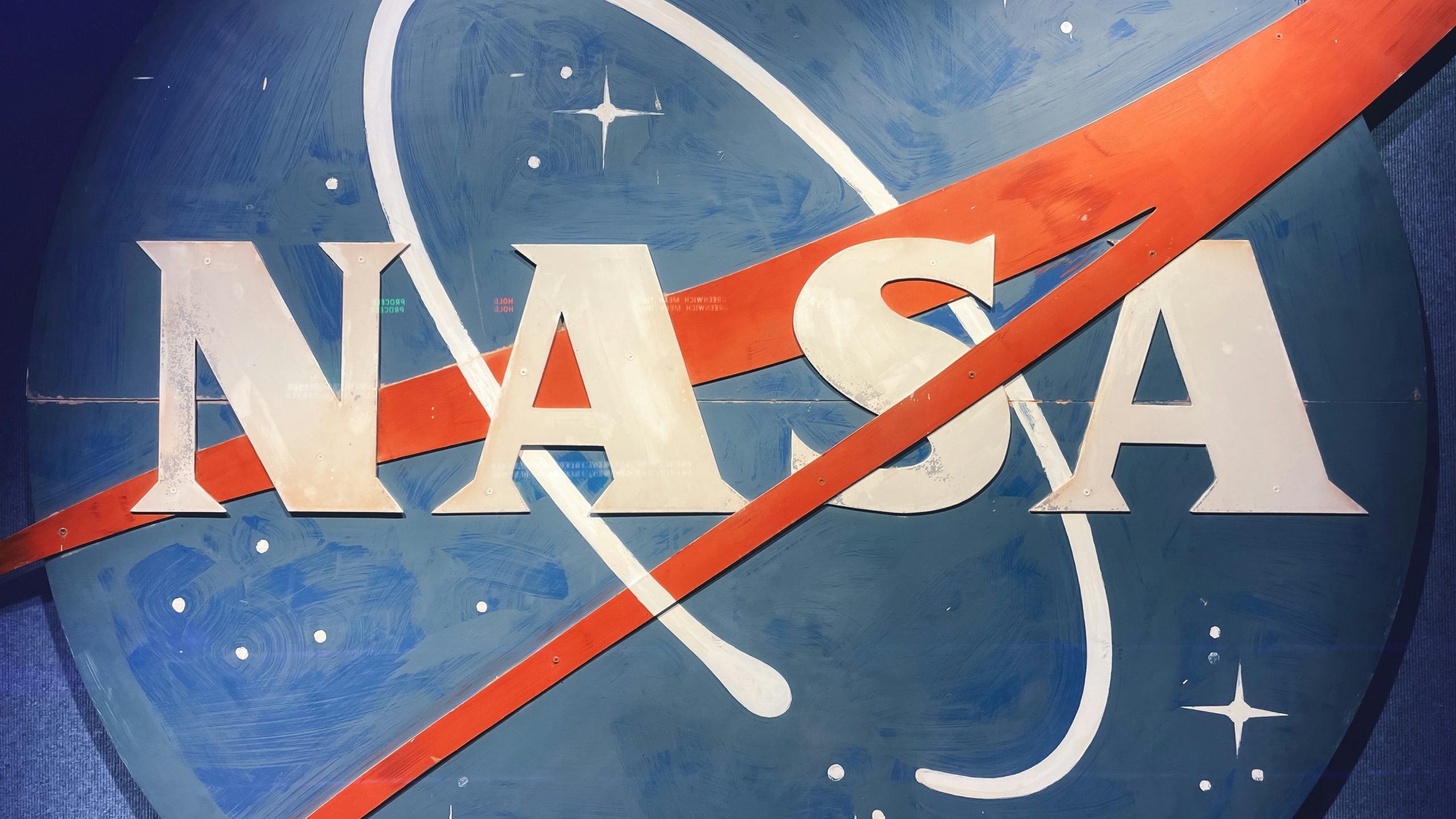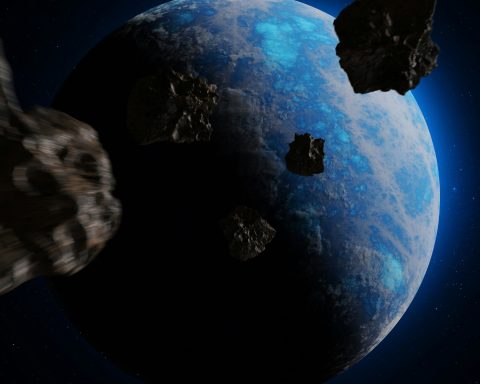On September 5, 2025, NASA dropped a bombshell. Specifically, it barred Chinese citizens with valid US visas from its programs. Consequently, this NASA Chinese scientist ban stops them from entering facilities or joining meetings. Moreover, it cuts access to supercomputers vital for big research.
For instance, picture scientists mid-project, suddenly locked out. NASA claims fewer than 100 people are affected. However, the number could be higher. As a result, everyday South Africans, who rely on this science for weather forecasts and space dreams, face risks.
Why the Sudden Clampdown?
Meanwhile, the US and China are locked in a fierce moon race. America aims to land astronauts by 2027, while China targets 2030. For example, NASA’s acting head declared China’s lunar ambitions a threat. Therefore, national security drives the decision. Lawmakers, in turn, worry about China seizing moon resources like helium and rare earths. They argue space dominance secures jobs and safety.
Thus, this NASA Chinese scientist ban aligns with a broader strategy. Similarly, it mirrors visa restrictions for Chinese students and past espionage concerns. Clearly, the stakes are high, and the US wants to lead.
Climate Science Feels the Heat
Importantly, the ban hits climate research hard. Supercomputers crunch data for warming trends, drought predictions, and sea rise risks—critical for South Africans from the Karoo to the coast. Previously, Chinese researchers were key players. Now, their exclusion stalls global efforts we all depend on.
Additionally, young scientists face setbacks. Their careers halt abruptly. Meanwhile, NASA grapples with looming 2026 budget cuts, slashing science funding nearly 50 percent. Despite this, the agency doubles down on the policy.
Echoes from the Rivals
On the other hand, China calls space a shared human quest, downplaying US fears. Conversely, bipartisan voices in Washington stress supremacy in space for economic and security gains. As a result, the NASA Chinese scientist ban draws a line. Collaboration fades as competition soars.



